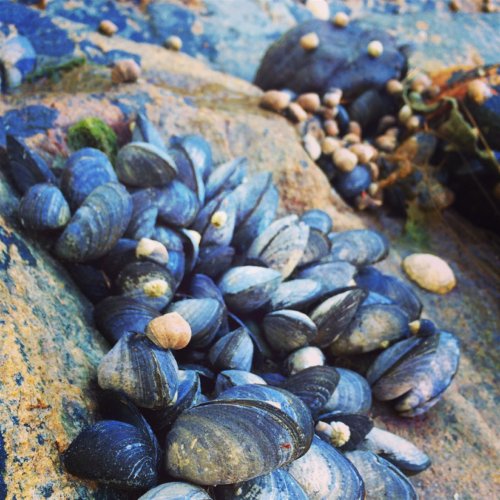
The Chemistry and Toxinology Research Section
is active in biomedical research and development with a special emphasis on animal health, fish health and feed and food safety. We work in the field of mycology and biotoxins and have state-of-the-art equipment and broad expertise in analytical methods to study fungi, algae and cyanobacteria and their biomolecules; chemistry, mode of action, and ecological roles.
Mycology
We are performing both fundamental and applied mycological research in a One Health perspective: animal, human and environmental health. We are interested in fungal biology, virulence, AMR and mycotoxin production and how it affects food and feed safety and animal health. To understand fungal biology and niche specification we use classical mycology methods as well as molecular biology, imaging techniques and analytical chemistry.
Focus on natural toxins
One of our main activities is to study the hazards related to natural toxins and how they contribute to harmful health effects in animals and humans. Chemistry is the science of the properties, composition and reactions of substances, while toxicology deals with the harmful effects of chemical or physical agents. Toxinology is the research area within toxicology that deals with natural toxins and the producing organisms.
The health significance of toxins and toxicants depends on how toxic the substances are (toxicity), how much humans and animals ingest (exposure) and the organisms' ability to handle toxic substances (metabolism and kinetics).
For many years, our main focus has been on mould toxins (mycotoxins), but also algal and cyanobacterial toxins and allergens in food and feed. We determine the occurrence, their chemistry, and toxicity profiles, and the ecological roles and biology of the toxin producing organisms. The Norwegian Veterinary Institute is the Norway’s National Reference Laboratory (NRL) for the analysis of mycotoxins and carries out surveillance analyses for the Norwegian Food Safety Authority.
For many years, our main focus has been on mould toxins (mycotoxins), but also algal and cyanobacterial toxins and allergens in food and feed. We determine the occurrence, their chemistry, and toxicity profiles, and the ecological roles and biology of the toxin producing organisms. The Norwegian Veterinary Institute is theNorway’s National Reference Laboratory (NRL) for the analysis of mycotoxins and carries out surveillance analyses for the Norwegian Food Safety Authority.